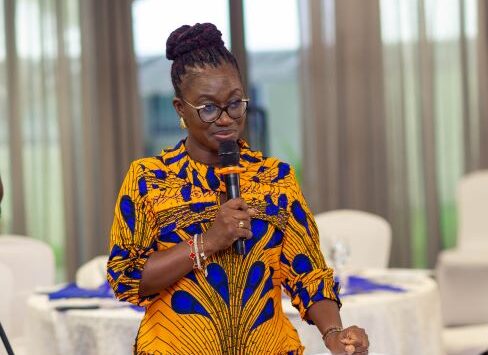Deloitte Ghana’s Consulting Partner, Serwa Atiase Dzogbenuku, says Ghana can emerge stronger from the US government’s 10% tariff.
Speaking at a Canada-Ghana Chamber of Commerce event, she explained that the US is not a major trading partner compared to the UAE and China. Because of this, she said, the tariff’s direct impact on Ghana will be minimal.
Dzogbenuku believes the move opens opportunities for Ghana to grow its local industries, diversify trade, and boost economic resilience.
She noted that gold prices have surged to $3,000 per ounce amid global uncertainty. This spike, she said, could boost Ghana’s external revenue and help stabilize the Cedi.
Ghana’s political stability, better infrastructure, and growing industrial base also position the country to supply goods like cocoa derivatives, cashew nuts, and gold.
According to Dzogbenuku, Ghana should shift from exporting raw materials to producing value-added goods, especially cocoa, palm oil, and rubber.
She highlighted the African Continental Free Trade Area (AfCFTA) as a key tool to strengthen local trade and reduce reliance on distant markets.
Finally, she urged the government to invest in agro-processing, manufacturing, and small industries. She pointed to initiatives like the 24-hour economy policy and One District One Factory (1D1F) as steps that could fast-track industrial growth.








